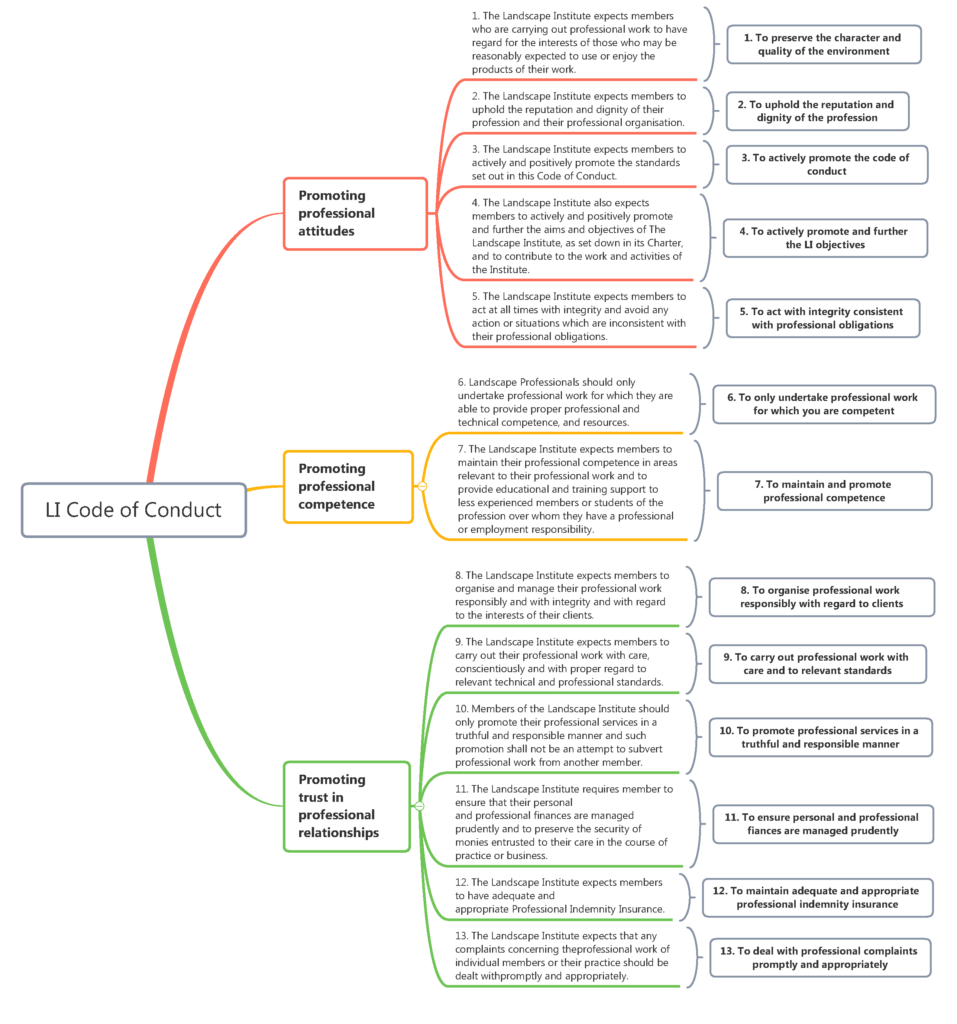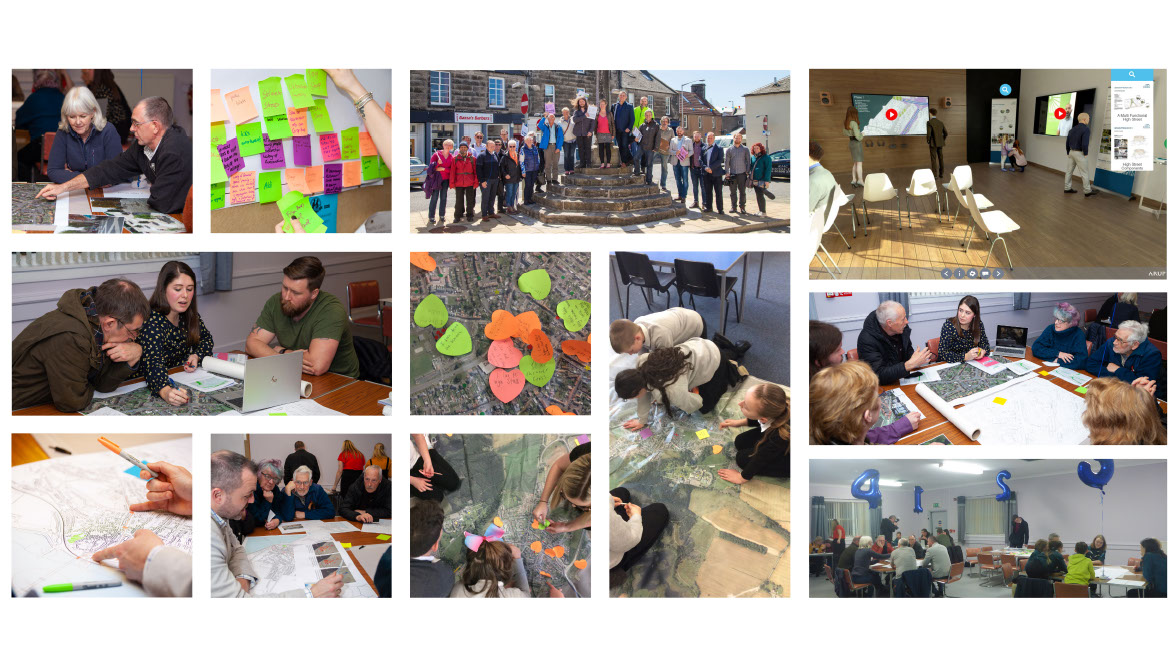First year on Pathway to Chartership
In this blog, Esther looks back on the milestones of her first year on P2C and reflects on her learning.
In September I completed my fourth quarterly submission, marking the completion of a whole year on the Pathway to Chartership (P2C), which has thus far been a very rewarding experience. In this blog, I will look back on the milestones and reflect on my learning.
The Motivation
There are many reasons why I want to become a chartered member of the Landscape Institute. Firstly, I would like to keep learning and improving myself to work better as a landscape professional and P2C provides a structured learning opportunity with support from a mentor and a supervisor. Secondly, gaining chartered status is proof of my integrity and the knowledge I have gained to work as a landscape architect in the UK and, finally, as it is for many other people who are studying P2C, it is an important milestone for my career development.
The Beginning
I started my P2C a year after joining HarrisonStevens and although I was equipped with decent postgraduate work experience, I was lacking an understanding of the bigger picture regarding projects and their various stages and therefore struggled to link my experience to the syllabus. At that time, my mentor Debbie Harrison (our Associate Director) helped me a lot by explaining the syllabus, introducing study materials, and setting goals for the next quarter. We have monthly reviews to discuss my progress and questions, then following each submission Debbie provides feedback on my logs.
Study – Work
Balancing studying while having a full-time job, like most other people, I find challenging. Spending weekends and evenings reading, writing notes, and working on the logs is an investment that cannot be avoided. Unlike a postgraduate degree, the advantage of studying P2C is that it is mostly work experience based and the practical experience we gain whilst doing projects is also useful to further my knowledge and reflect upon. In fact, linking your experience to the syllabus is essential to the quarterly submission.
It is not just the project experience that is good for P2C, but the associated studying also enhances my daily work. For example, my learning regarding the planning system process provided me with a better understanding of the planning package I worked on during numerous projects; and my learning on contract documents guided me through producing my first specification. These experiences have helped me move forward from a graduate to a landscape architect.
I have been well supported by HarrisonStevens throughout my learning process, an observation also shared by my external supervisor. During work, there are many opportunities for junior members to attend design team meetings and design workshops. We also have a good culture of sharing project inspection photos and other information to enable the full team to get an insight into our ongoing projects. In our Personal Improvement Plans we have the option to request support with our learning. Regarding P2C specifically, each quarter Debbie and I work out learning goals and seek opportunities to achieve these among current projects, then arrange the workload to accommodate my studies.
Next steps
I look forward to obtaining more site experience in the coming year. Unlike other more knowledge-based learning, part four of the syllabus (implementation) requires site experience to gain a decent understanding of how projects are delivered and how to work with contracts and contractors. As agreed with the management team, I will be shadowing the KB Nucleus site work next year. Previously I worked on the stage 4 drawing package and I am excited to see how all the details will be realised.
Overall, being on the Pathway has given me a wider understanding of the breadth of the profession and how each area is linked. As a landscape architect, I am one member of a bigger design team and the work I have been doing is only a small part of all seven stages (RIBA Plan of Work). The success of one project takes a joint effort from the clients, consultants and contractors, thus we are all required to work with competence and act with integrity. Gaining chartered status can be an arduous process at times, but it is deeply rewarding. I wish everyone good luck in their P2C pursuits




